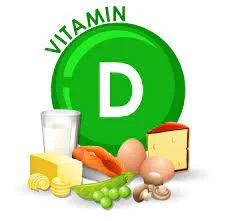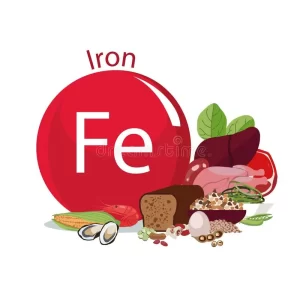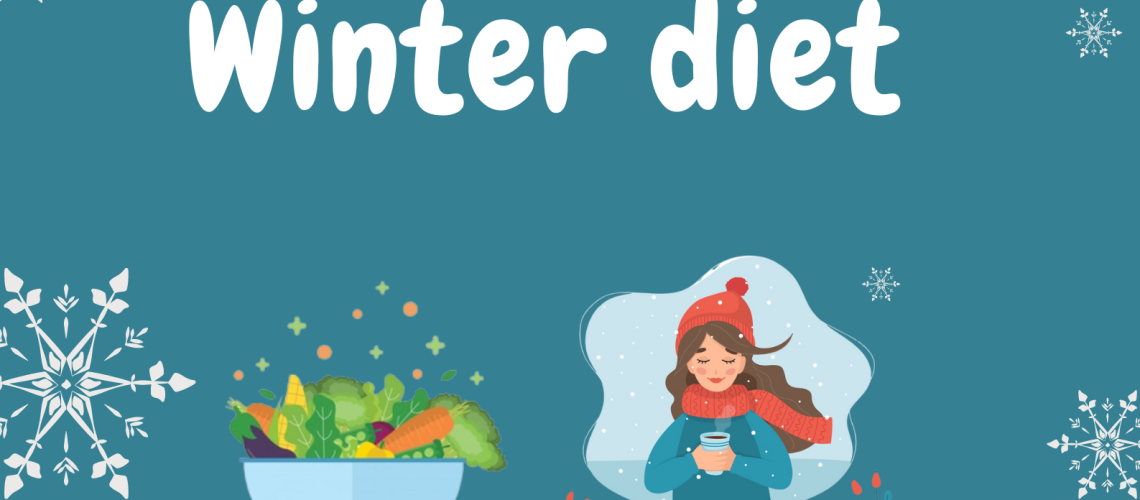Winter should focus on consuming the proper nutrients so that we can celebrate its colours (and chill) in the best possible way.
Winter has already begun to set in, and the moods have started to change. With the woollens slowly coming out of the closet and the blankets getting washed and readied for the winter, it is indeed beginning to feel a lot like Christmas. Okay, I went a little too far.
So, let’s rewind and start by prepping up for all the festivities, picnics, and new year celebrations lined up. Let’s get winter ready with vital nutrients!
Let’s focus on our winter diet and maintaining a happy mind and body with a focus on working on our nutrition goals.
As the seasons begin to change, our energy levels, metabolism rate, mood, and need for maintaining a winter-friendly body get serious too.
The winter sluggishness and lethargy are for real. Therefore, the need to tackle it is crucial too.
And maintaining a healthy and balanced diet doesn’t have to get serious. You can still enjoy your favourite meals while ensuring that you take in all the essential nutrients with your winter diet.
A healthy balance of essential nutrients that are needed to keep you winter fit can also help you boost immunity, keep the bones healthy, combat typical winter diet shortfalls, and build resistance.
Here are some of the must-consume nutrients, along with their sources, that have been scientifically proven to build your winter health and keep you fit and glowing. Remember all the fruits and vegetables consumed and available during the winter, focus on building our health and prepare us for the winter in the most natural way possible.
Vitamin C

When it comes to Vitamin C, there is generally no argument. Everyone is already aware of how beneficial it is as a nutrient for our body. Whether it is boosting immunity or fighting infections, or simply as an excuse to improve your diet, there is no easy nutrient like Vit C.
Rich in antioxidants, potassium, fiber, and folate, Vit C boosts health and helps detoxify.
Some of the nutrition sources are:
Citrus fruits (oranges, kiwi, sweet lime)
Leafy greens like spinach
Root vegetables like potatoes, carrots, and turnips
Broccoli and cauliflower
Lemon
Yellow and green bell peppers
Tomato
Important: The Recommended Dietary Allowance (RDA) for 19 years and older adults is 90 mg daily (men) and 75 mg daily (women).
Vitamin D

We have the gift of producing Vitamin D naturally through exposure to the sun, but unfortunately, during the winters, our exposure lessens as outdoor time decreases in addition to the reduced sunlight.
As a result, we must focus on building the sunshine vitamin, Vitamin D, otherwise called, as this nutrient helps in building healthier bones, anti-inflammatory abilities, and resistance against lung and gut infections.
Some of the nutrition sources are:
Oily fishes like Tuna, Sardines, and Salmon (focus particularly on fatty fishes)
Mushrooms (especially shitake mushrooms)
Dairy products (focus particularly on milk, yoghurt, and cheese)
Eggs (especially the yolk)
Important: You can also take Vit D supplements but please ensure that you stay within the required limit. The ideal daily intake (RDA) for an adult (aged between 19 – 70), considering minimal sunlight exposure, is 600 IU (15 mcg).
Iron

We often find it hard to pull through the days during the winter, as the cold and seasonal changes affect our energy. For building our energy levels and getting pumped with higher oxygen levels, relying on iron is the most feasible and nutrient-friendly option. Including a winter diet that is rich in iron will boost haemoglobin production, which will further help extract energy from all the food you consume.
And if you are still doubtful, remember that an iron-rich winter diet will help you regulate your body temperature and keep you warm.
Some of the nutrition sources are:
Legumes like lentils, kidney beans, and chickpeas
Nuts
Oats
Eggs
Dark chocolate
Leafy greens like spinach and broccoli
Wholemeal like bread and pasta
Important: The RDA for adults (19-50 years) is 8mg daily for men and 18mg daily for non-pregnant women, 27 mg daily for pregnant women, and 9 mg daily for lactating mothers.
Omega-3

You must include Omega-3 fatty acids, the essential fat, as a vital nutrient for your winter diet. It not only helps you keep warm by improving circulation and promoting movement but also works wonders toward skin hydration and health. It keeps your joints healthy, thus keeping winter aches and body pain at bay (great for people who have arthritis).
It’s a great source of nutrition to keep your heart healthy and strong. Omega-3 is also beneficial in fighting the flu as it increases phagocyte activity (cell defence towards fighting bacteria), is excellent as an anti-inflammatory, and protects against lung infection.
Some of the nutrition sources are:
Oily fish like salmon, tuna, sardines, and mackerel
Seeds like flax seeds and chia seeds
Nuts like walnuts
Dairy products
Avocado
Important: The RDA for adults (19-50 years) is 1.6 g daily for men and 1.1 g daily for non-pregnant women, and 1.4 g for pregnant women [as alpha-linolenic acid (ALA)]
Being healthy and content is not rocket science, and with the proper nutrients, you will have a beautiful winter in terms of both happiness and health.
Have a merry winter!
And if you are battling seasonal changes and wondering how to overcome the trauma and get healthier, check this blog for more details.
Have a merrier life!


3 thoughts on “Tested and nurturing: 4 nutrients you must include in your winter diet”
Informative article, love it, keep going keep writing,
A very informative perspective…thank you for sharing!
Pingback: Winter skincare: 4 essential tips for happy and healthy skin - Beyond Average